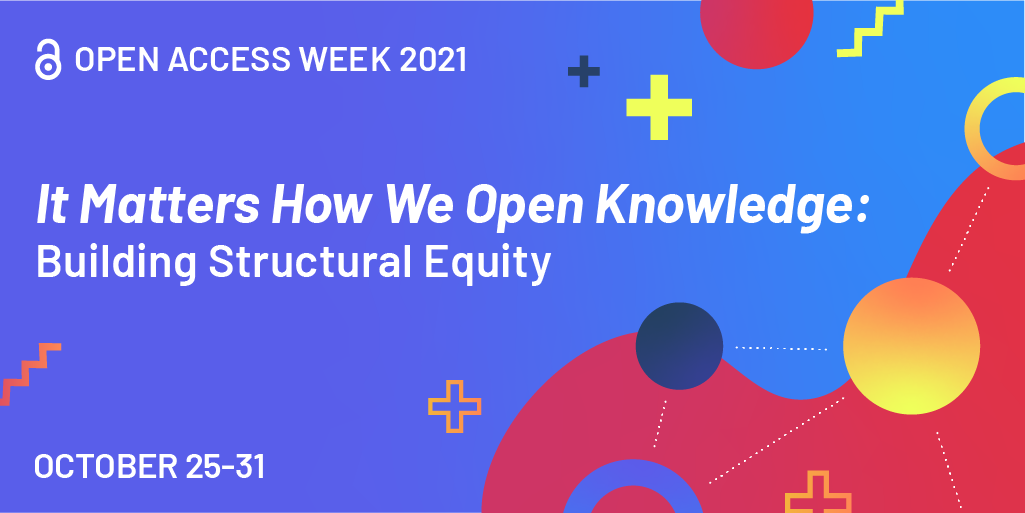Collins Memorial Library is recognizing Open Access Week Oct 25-31.
Open Access (OA) refers to freely available, digital, online information. Open access scholarly literature is free of charge to the user and often carries less restrictive copyright and licensing barriers than traditionally published works, for both the users and the authors. “Introduction to OA” by University of Washington Libraries is licensed under CC BY 4.0
The Open Access movement was birthed from a conference of the Open Society Institute, where attendees drafted the Budapest Open Access Initiative, which was published in early 2002. The initiative called for using new technology to develop an “unprecedented public good” through free exchange of scholarly literature. The document went on to describe this define this as Open Access:
Open Access Explained, a short video from PHD Comic gives a great overview of the context in which Open Access provides important benefits.
Creative Commons
Copyright is the intellectual property law that protects a creative work from theft or misuse. It is the creator’s legal claim to the works that he or she creates. By default, any original creative work is copyrighted to the creator when that work is expressed in a tangible form.
Creative Commons’ easy-to-use copyright licenses provide a simple, standardized way to give the public permission to share and use your creative work — on conditions of your choice. CC licenses let you easily change your copyright terms from the default of “all rights reserved” to “some rights reserved.”
Creative Commons licenses are not an alternative to copyright. They work alongside copyright and enable you to modify your copyright terms to best suit your needs.

